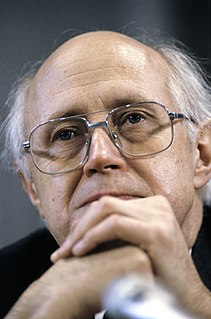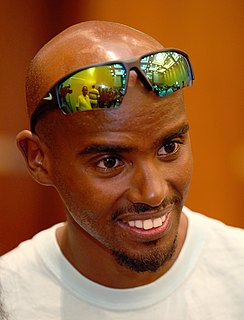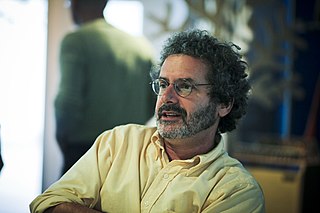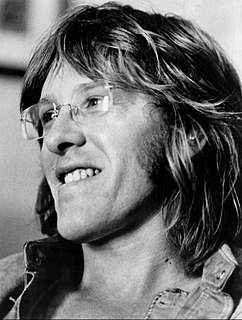Top 787 Computers Quotes & Sayings
Explore popular Computers quotes.
Last updated on April 14, 2025.
I know when I grew up, it was, if it was daylight outside, get outside. Well, now, with the technological age of computers and everything, everyone's inside virtually going everywhere they want to go, virtually having relationships, virtually traveling across the neighborhood, virtually going to that island.
Everything is being run by computers. Everything is reliant on these computers working. We have become very reliant on Internet, on basic things like electricity, obviously, on computers working. And this really is something which creates completely new problems for us. We must have some way of continuing to work even if computers fail.
There is a difference between the stuff that people put online themselves, like pictures and their trips and flights and meals they've eaten, than the stuff that they don't realize is also going into foreign computers. Like, for example, copies of your emails or every single online search you ever do, 'cause all that is being recorded as well.
When you learn to read and write, it opens up opportunities for you to learn so many other things. When you learn to read, you can then read to learn. And it's the same thing with coding. If you learn to code, you can code to learn. Now some of the things you can learn are sort of obvious. You learn more about how computers work.
Elon Musk is talking about silicon nanoparticles pulsing through our veins to make us sort of semi-cyborg computers. But why not take a noninvasive approach? I've been working and trying to think and invent a way to do this for a number of years and finally happened upon it and left Facebook to do it.












































